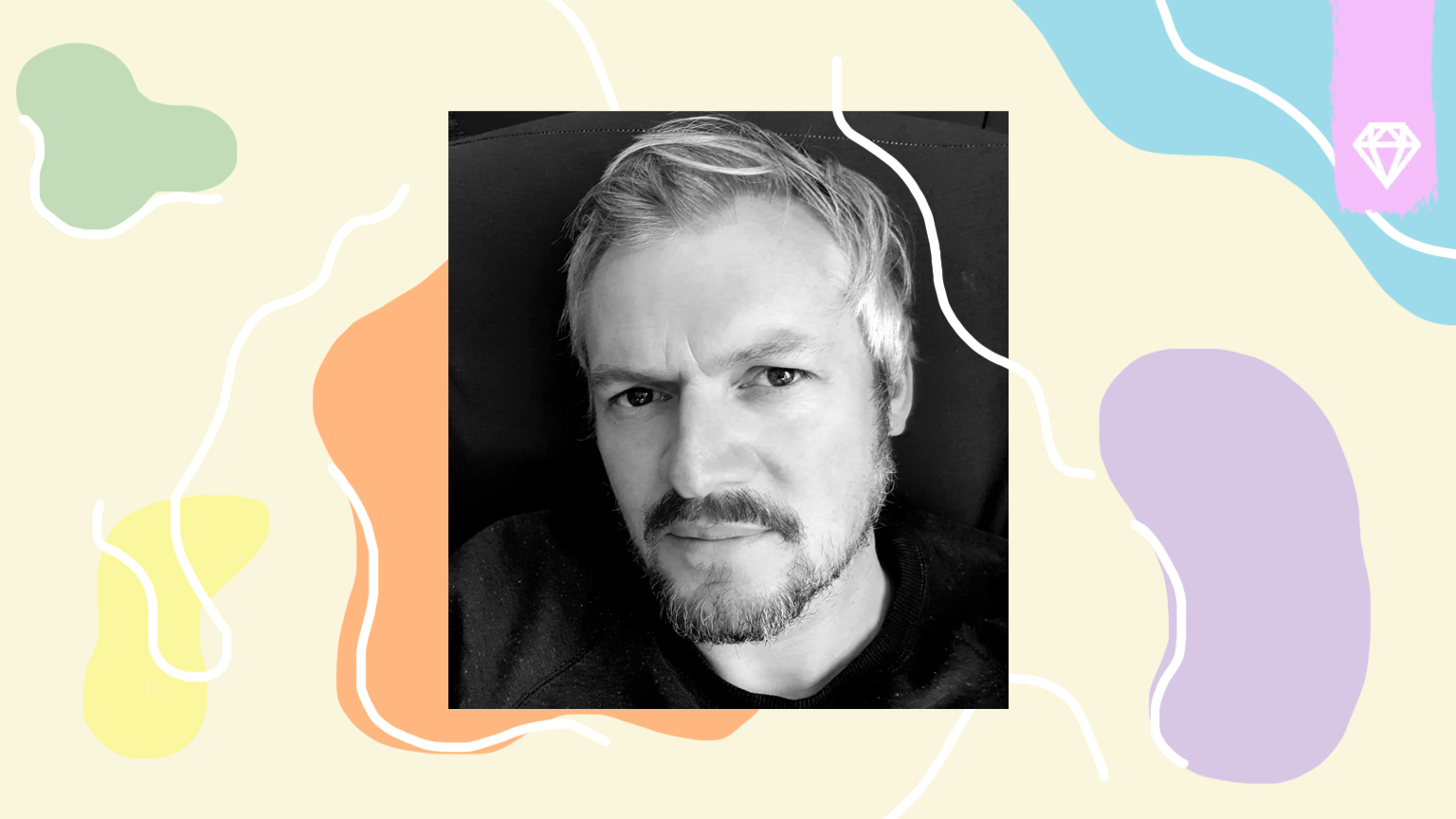Resilience is a hot topic - employers are looking for it, educational organisations are helping students develop it and here I hope to show you why you might want some for yourself. Building resilience can help you have more happiness, success and confidence as well as feel more able to cope with life. And with the increased levels of challenge and uncertainty we face, now more than ever is a good time to take steps to strengthen this.
Resilience is the ability to bounce back and recover from life’s difficulties. It doesn’t mean you enjoy adversity but you learn to overcome it more easily, responding more quickly or even proactively to challenges. You’re more likely to be aware of and act on your feelings, able to problem solve what you’re facing and learn from your mistakes. With higher resilience, it’s easier to draw on support and administer self-care. You’re more trusting in your ability to overcome difficulty and less hard on yourself. Rather than ignoring issues, you move through them more quickly reducing the knock-on effect to other areas of your life, helping you achieve more happiness and success.
While some people are naturally more resilient than others, the good news is that everybody can develop and strengthen resilience. Here are some tips so you can start today:
Cultivate a resilience mind-set - like the seasons or weather, life’s naturally full of ups and downs. You can’t avoid these but can influence your response. Instead of imagining any difficulty is your fault or that other people cope better, remind yourself that you’re human and that no one’s perfect or immune to difficulty. Instead of adding self-criticism on top of what you’re already facing which makes the “down” deeper and last longer, you navigate the challenge more easily. Remind yourself difficulties pass and that emotions come and go. Find the hidden blessings in your challenges by recognising it’s through making mistakes and facing difficulty that you learn the most about yourself, change direction, strengthen or build skills and qualities.
Address challenges - procrastination and ignoring difficulty can make the problem feel bigger and more overwhelming. Whilst it’s natural to want to distract yourself from feeling this, acknowledging the problem is the first step towards solving it. Identify what you’re trying to achieve, the options you have, successes or failures you can learn from, the advantages and disadvantages of each option, anticipate what you may need to overcome and seek support to help you broaden your perspective. Focus on how you might feel once you’ve overcome the problem and the lessons or qualities you might be learning or strengthening in the process. This can help you to feel more positive, realise the situation isn’t permanent and build confidence to overcome it.
Develop self-awareness - make a daily routine to notice your energy, stress, happiness and productivity levels so you can respond to them. Create a visual image for each like a barometer and notice what you do that helps or hinders these. Become more aware of your emotions and the clues your body gives you and proactively review different aspects of your life so you can take steps towards positive change. .
Practice self-care - we all know this in theory but what about in practice? When you’re facing difficulty or change, you need even more self-care than normal but may feel less inclined to do so. Actively plan time for exercise, something you find relaxing/happy/fun and think about your nutrition and sleep. Find healthy outlets for your feelings and stress, remind yourself that seeking support from others is a sign of strength and in doing so, you’re giving them permission to do the same. Set yourself easier or more routine tasks and those that play to your strengths. Reduce expectations of yourself. Let those closest to you know how you’re feeling so they can be more understanding of your mood.
.
You can read more about building resilience as well as improving your happiness, confidence, relationships and preventing and managing mental health symptoms in Being Human - the path to self-acceptance, resilience and happiness by Natalie Read, available now in paperback £9.99 or e-book £4.99.








